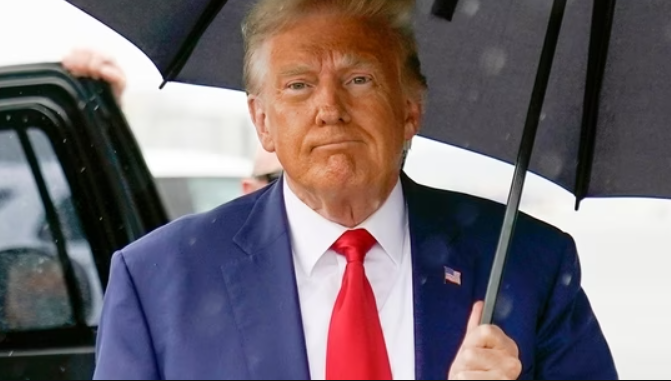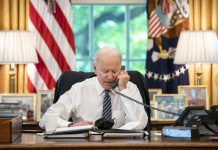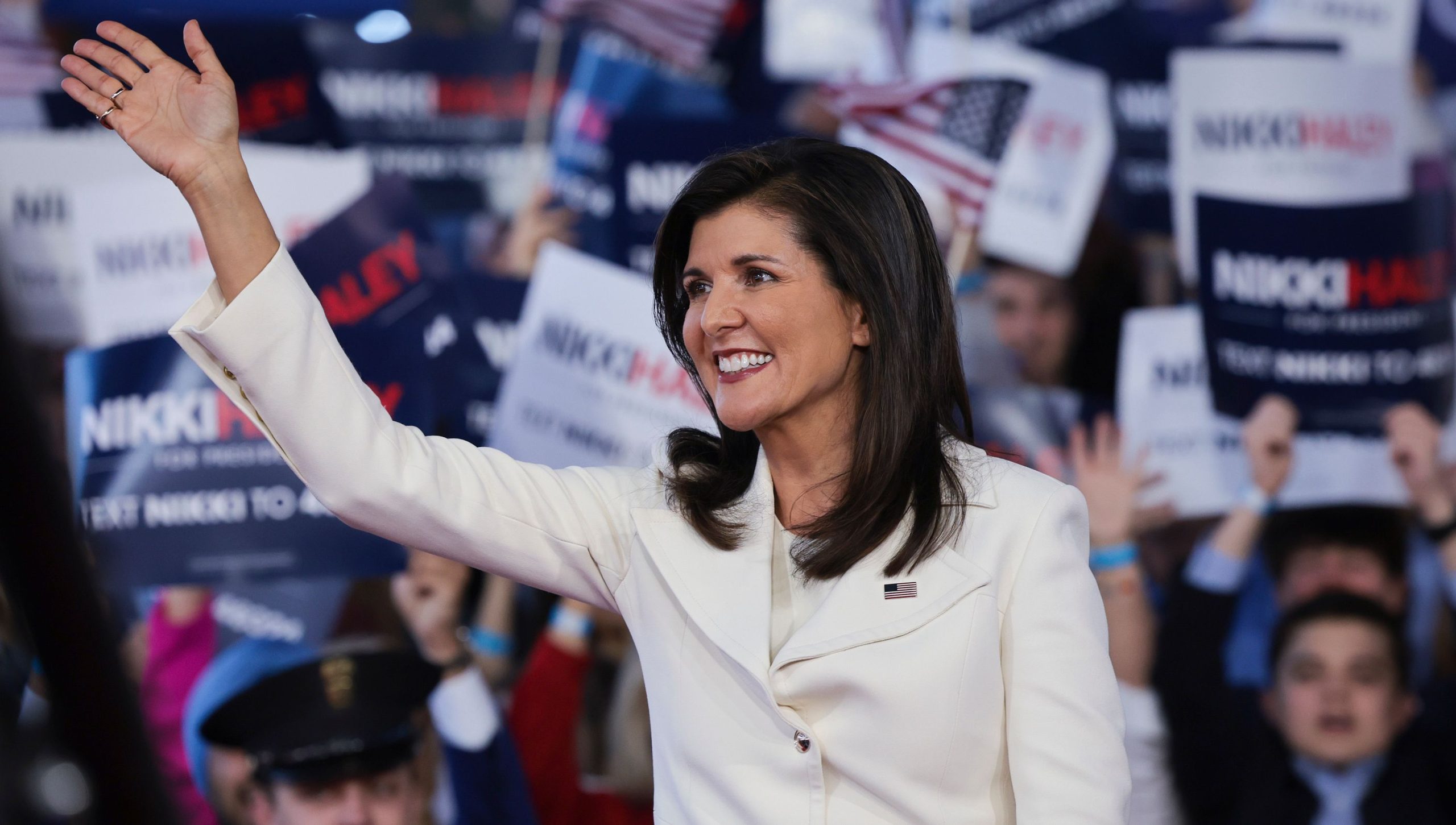In recent times, the Supreme Court finds itself in the midst of controversy as the possibility arises that it could play a role in the ongoing Trump indictments. While history might hint at former President Donald Trump’s inclination to seek assistance from the highest court, it’s equally likely that such appeals won’t yield the outcomes he desires.
Facing a comprehensive 41-count indictment in Georgia over his alleged involvement in attempts to overturn the 2020 election, Trump and his allies could turn to the Supreme Court for a range of matters across various criminal cases in New York, Florida, and Washington, D.C.

While the ultimate resolution of these cases might not necessarily reach the Supreme Court, it’s plausible that the court could be called upon to address pivotal questions. These include the potential transfer of two cases to federal court, claims of immunity for Trump and other former federal officials, and even debates around whether curbing Trump’s public remarks about his legal challenges in the 2024 campaign aligns with the First Amendment.
Josh Blackman, a respected professor at South Texas College of Law Houston, aptly sums up the situation: “SCOTUS ain’t getting off easy here.”
As these appeals loom, the Supreme Court remains under scrutiny for its recent decisions on divisive topics like abortion, LGBTQ+ rights, and affirmative action. While the court aims to remain impartial, it has previously rejected appeals from Trump, leading to a complex landscape of legal and political dynamics.
However, the potential success of these efforts might not be the central concern. Trump is known for utilizing long-shot appeals to create delays. Let’s delve into the issues that might form the basis of such appeals:
Federal Court Review: Trump’s Likely Move
Given the circumstances, it’s likely that Trump will attempt to shift his legal battles to federal court. By doing so, he could potentially influence the composition of the jury towards a more conservative stance. For instance, President Joe Biden carried Fulton County with a significant 73% of the vote in 2020.
This strategy mirrors Trump’s approach in New York, where he faces a 34-count indictment. In this case, Trump’s request to move to federal court was denied by a U.S. district judge, leading him to appeal to the U.S. Court of Appeals for the 2nd Circuit. This decision could subsequently be escalated to the Supreme Court.
Mark Meadows, Trump’s former chief of staff, has filed in federal court this week, likely setting a precedent for the former president. Meadows aims to transfer his case to federal court and ultimately have it dismissed. Federal law enables U.S. officials to move their cases to federal court if they face state charges linked to their federal government role.
Trump could argue that his actions were driven by his presidential responsibility to safeguard the integrity of the vote, invoking centuries-old principles designed to protect federal employees from undue state interference.
Seeking Immunity: Exploring Constitutional Grounds
Meadows’ recent filing raises a claim that Trump might similarly explore: dismissing the case through the Constitution’s supremacy clause. This theory posits that federal officials enjoy immunity from state prosecution when fulfilling official duties for the U.S. government.
Trump could draw parallels with an 1890 Supreme Court case involving U.S. Marshal David Neagle. The court ruled that Neagle couldn’t be held guilty of a state crime for an action authorized under federal law.
Employing this argument, Trump could assert that his actions were executed in his capacity as president. If a lower court rules on this, an appeals court decision would likely follow, potentially leading to the Supreme Court.
While the laws protecting federal officials from state prosecution serve a crucial purpose, experts argue that the facts surrounding Trump’s intervention might not justify immunity.
The Conservative Supreme Court’s Dilemma
Despite appointing three conservative justices to the Supreme Court, Trump hasn’t consistently found favor in his post-presidential legal battles. The court has repeatedly denied his appeals on various matters, including tax returns and document seizures.
Notably, the Supreme Court has even weighed in on matters involving Fulton County prosecutors. Last year, the court refused Sen. Lindsey Graham’s request to halt a grand jury subpoena. While Graham invoked the speech or debate clause, the court’s swift response indicates its reluctance to intervene.
The Tug of Political Strategy
Trump’s legal maneuvering has often relied on delay tactics, enabling him to postpone unfavorable outcomes. This approach could be pivotal in his current challenges. For instance, Trump managed to stall the release of his tax returns through a series of appeals.
Amid his bid for the presidency again, Trump seeks to delay all four criminal trials he faces until after the 2024 election. This strategy aligns with his narrative that these prosecutions are politically motivated to undermine his candidacy.
Beyond avoiding the complications of court appearances while campaigning, Trump has transformed his legal issues into rallying points for supporters and tools for fundraising.
In closing, legal experts assert that while Trump’s delay strategies may not ultimately succeed, they hold the potential to introduce significant pauses in the legal process. As the
current legal landscape unfolds, the Supreme Court’s potential involvement in Trump’s indictments introduces intricate legal and political dynamics. While Trump’s history of employing delay tactics might not guarantee success, it does pose a challenge to the timely resolution of these cases.
In the case of Trump’s tax returns, the House Committee on Ways and Means initially pursued these documents in federal court in 2019, during Trump’s presidency. Yet, the legal proceedings extended over nearly two years, with the Supreme Court’s decision to deny Trump’s emergency appeal arriving in 2022. The committee subsequently made the tax returns public in December of that year.
Similarly, in the context of the Fulton County grand jury’s interest in Lindsey Graham’s testimony, several months transpired before a Supreme Court decision was reached. The former South Carolina senator’s appeals and eventual appearance occurred amid an evolving legal landscape.
As Trump, who is once again seeking office, calls for the postponement of his four criminal trials until after the 2024 election, his legal challenges transform into platforms for both rallying his supporters and raising funds. The implications of these delay tactics resonate beyond legal strategies, influencing the political discourse surrounding Trump’s aspirations for the White House.
While legal experts contend that Trump’s strategies might not secure long-term success, they acknowledge the potential for these maneuvers to introduce significant pauses within the legal proceedings. The interplay between legal intricacies, political motivations, and the responsiveness of the courts presents an unprecedented scenario that could shape the narrative of Trump’s post-presidential legal battles.
In summary, the prospect of the Supreme Court engaging with Trump’s indictments highlights the intersection of law, politics, and presidential history. Trump’s utilization of legal tactics, while met with mixed results, underscores the broader implications of navigating the justice system within the context of political ambitions. As legal battles intertwine with the pursuit of public office, the outcome remains uncertain, setting the stage for a compelling narrative that unfolds at the intersection of power, justice, and the rule of law.




